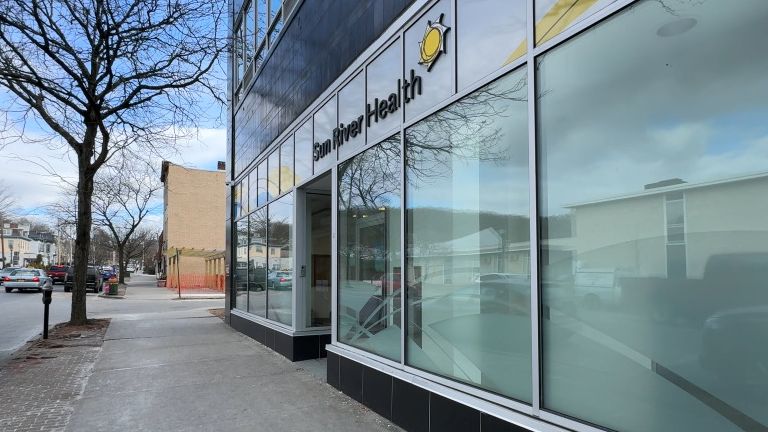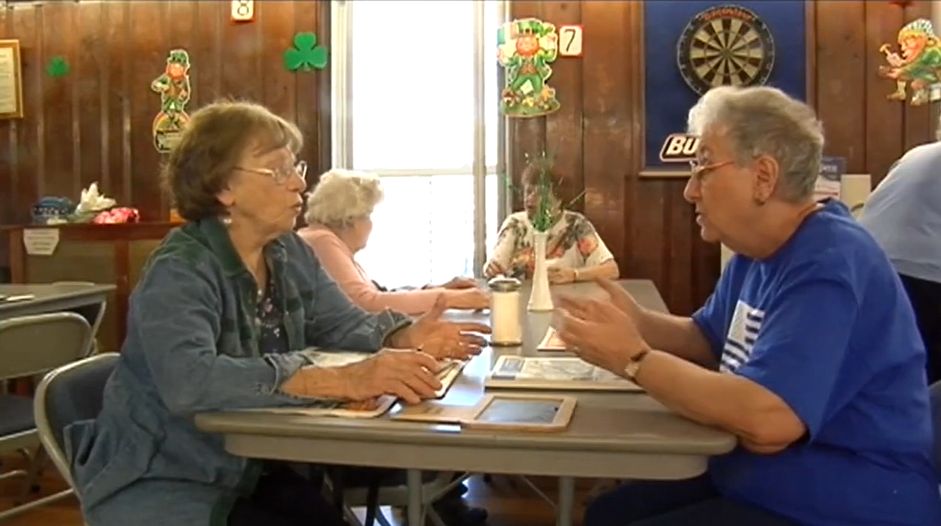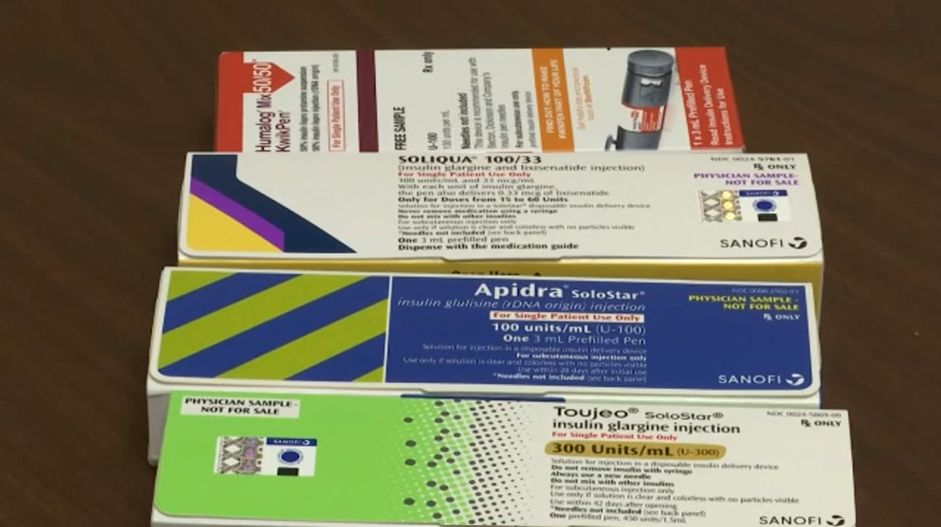Being a teenager is a very tender time. You’re still figuring out who you are, maybe dealing with bullying or societal pressures to fit in. More money is going into New York schools to make more mental health services available to young people. The CDC’s latest report is sounding the alarm on teenage girls in a post-pandemic world.
Ashley Walko, a licensed mental health counselor of over a decade, works with teenage girls daily.
The CDC report says teen girls are caught up in a growing wave of sadness, trauma and violence. Walko says she’s not surprised. She sees the decline first-hand with her clients.
“Depression, isolation, withdrawal, a lot of anxiety spikes and fear, even some paranoia at school, at home,” said Walko, owner of Infinity Mental Health Counseling.
On this day, Walko meets with Elise Gold, a therapist who’s also passionate about teen girls. Over tea is a chance for the two to trade notes on the CDC report.
Not only are American teen girls feeling persistent sadness and hopelessness, double the rate of boys, they’re experiencing more sexual violence than before. Twenty-five percent of girls reported having made a suicide plan, a statistic that’s also a sad reality for Gold. She’s a grieving mother.
“My daughter, Maya, at age 15, in October of 2015, tragically took her life,” Gold said. “There are a couple weeks, two and a half weeks before then, that she seemed to go down a slippery slope pretty quickly.”
Gold sayid Maya was sad and depressed at the time of her death. Mental health for LGBTQ teens is also an area of concern. Nearly one in four attempted suicide in the last year.
“The trans clients that I’m working with who are female-identifying, and it really is impacting them so negatively, the environment right now,” Walko said. “I think inclusion and this feeling of belongingness is so key.”
Walko believes teens are suffering more because of social media. The need to seek out external validation and more followers. Compare and despair.
“They are not really feeling a genuine sense of connectiveness. I can think of teens who have said their deepest conversations often happen over text messaging,” Walko said.
New York is prioritizing mental health in schools — $10 million each year for another four years to increase mental health support.
Gold has turned her heartbreak into being a champion for teens. She and her husband co-founded the Maya Gold Foundation in honor of their daughter. The non-profit goes around the Hudson Valley, giving teens the tools and techniques to identify mental health concerns in themselves and each other.
“In working with teens, I see them to be incredibly resilient,” Gold said.
Walko’s tips for parents who maybe worried about their teenager. Ask hard questions and often. And be a compassionate listener for your child. And if you’re concerned about your child, seek out professional help, like a counselor. And if you’re a teen struggling with feelings of depression or anxiety, find a supportive circle of people who you can be yourself with. And speak to a trusted adult in your life like a teacher or coach.








